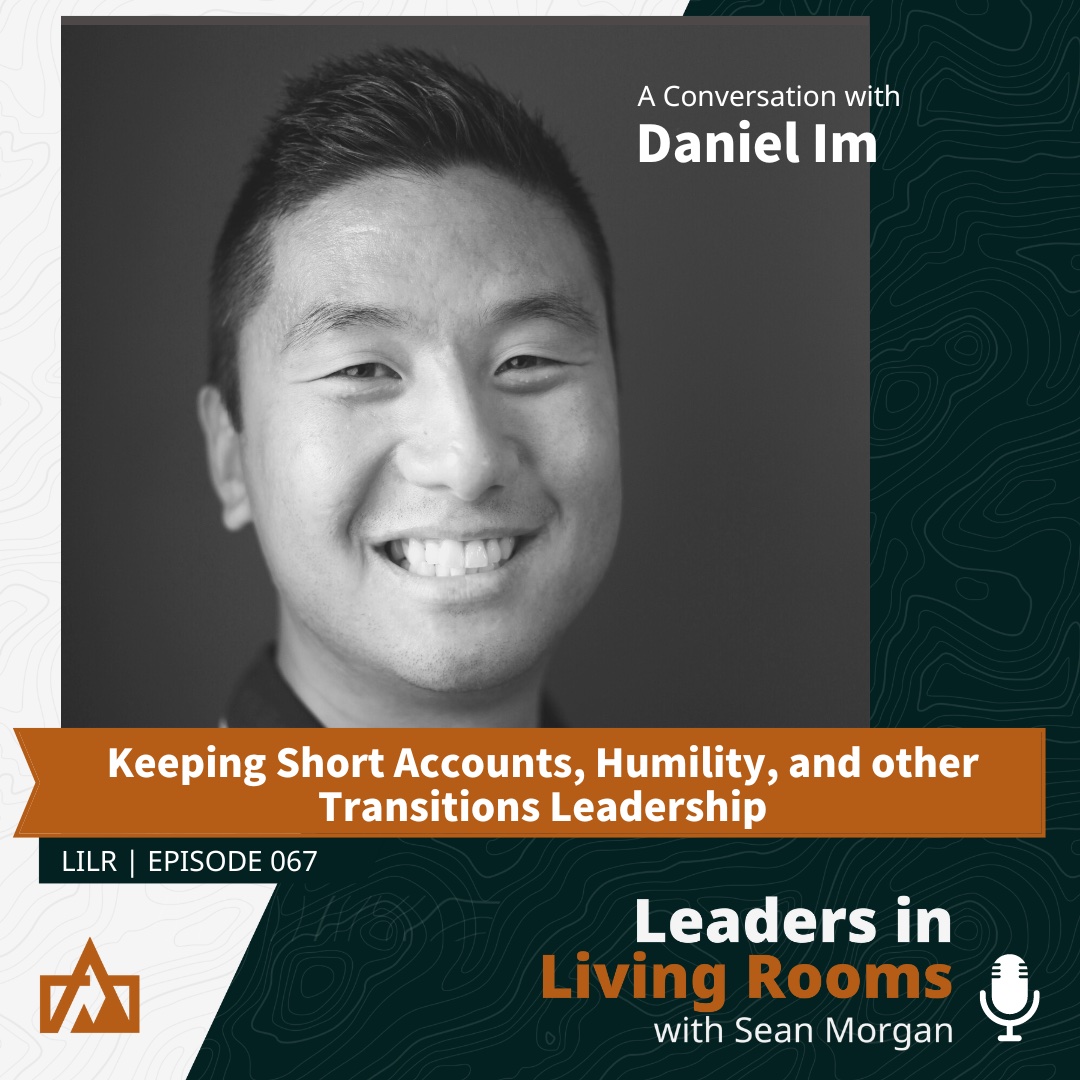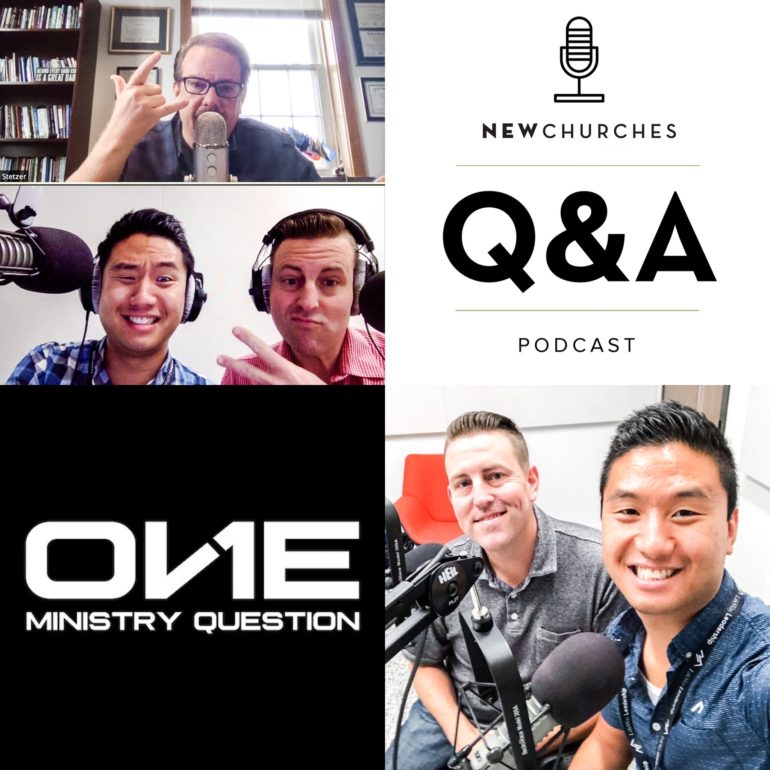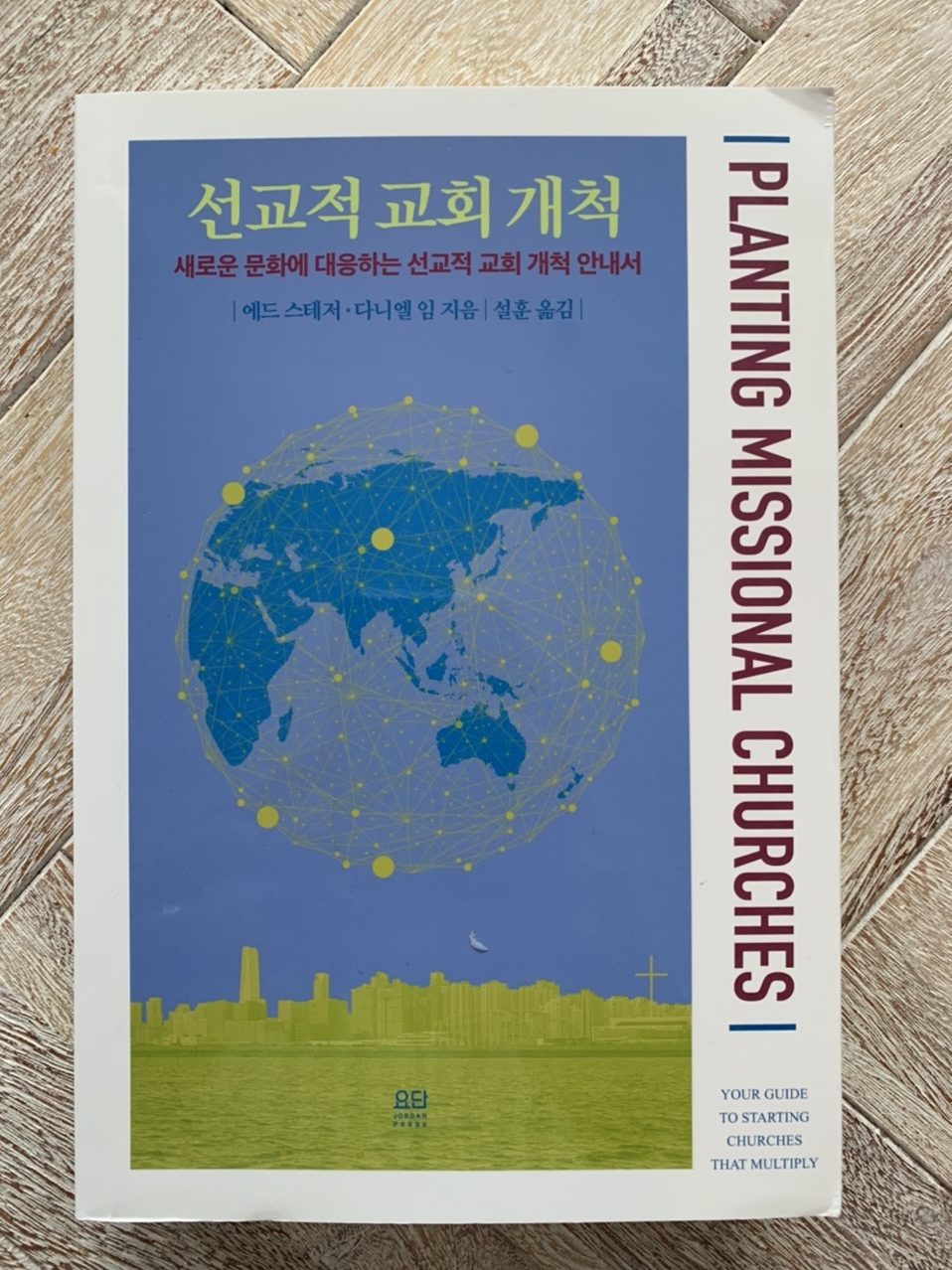
“I want this to be a place where you can do great and meaningful work with the people that you love.”
That’s what I shared with my staff team at Beulah when we were celebrating our certification as a Best Christian Workplace for 2022. It was our best year ever, as our overall score marked us as flourishing. Now according to Best Christian Workplaces, there are eight keys to a flourishing workplace culture, and I was excited to see that we grew in every single area compared to the previous year:
- Fantastic Teams
- Life-Giving Work
- Outstanding Talent
- Uplifting Growth
- Rewarding Compensation
- Inspirational Leadership
- Sustainable Strategy
- Healthy Communication
And while I am the primary preacher at Beulah Alliance Church, preaching to our church family isn’t the only thing I do. As Lead Pastor, I am responsible to lead, pastor, and lead our pastors and staff team. As a result, creating a workplace culture where our 50+ staff can do great and meaningful work with the people that they love is really important to me!
I see that as equally important as my calling to preach because that’s how we’re going to live out Ephesians 4—where it’s not the apostles, prophets, evangelists, pastors and teachers who are doing the work of ministry, but it’s the people of God! My role—and the role of our staff team—isn’t about doing. It’s about equipping. And when we equip our church family to do the work of ministry, we will see the body of Christ built up, move toward unity in the faith, and grow into maturity with a stature measured by Christ’s fullness. Instead of being tossed by the waves and blown around by every wind of teaching, we will be firm, strong, and be able to stand against the schemes of the evil one (Ephesians 4:11-16; 6:10-12).
So to create and cultivate a culture where our staff team can do great and meaningful work with the people they love, we have three leadership virtues: healthy, humble, and hungry.
I want us to be a HEALTHY team by…
- Praying for and with one another
- Giving each other the benefit of the doubt
- Refusing to hold grudges
- Growing in our spiritual, emotional, and relational health
I want us to be a HUMBLE team by…
- Sharing credit
- Celebrating team over self
- Helping each other get back up when we fail
- Despising ego
I want us to be a HUNGRY team by…
- Being self-motivated and hungry to grow ourselves, others, and Beulah
- Being a place where you can continue to grow
- Together—shoulder to shoulder—being a place where we are actively moving forward
In other words, I want Beulah to be a place where you can do great and meaningful work with the people that you love. I want us to be teammates who love Jesus, are for one another, and are passionately focused on seeing God’s Kingdom come and His will be done in Greater Edmonton.
Do you want this too?
We’re always looking for fantastic people who love Jesus and the Church to join our team. And we actually have a few mission critical roles open, such as campus pastor positions for our Southwest campus and our Faro de Luz campus, and a role for an Outreach Pastor. You can learn more about those roles (and the rest of our open roles) here.








